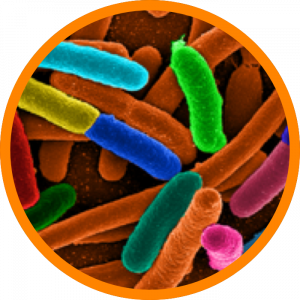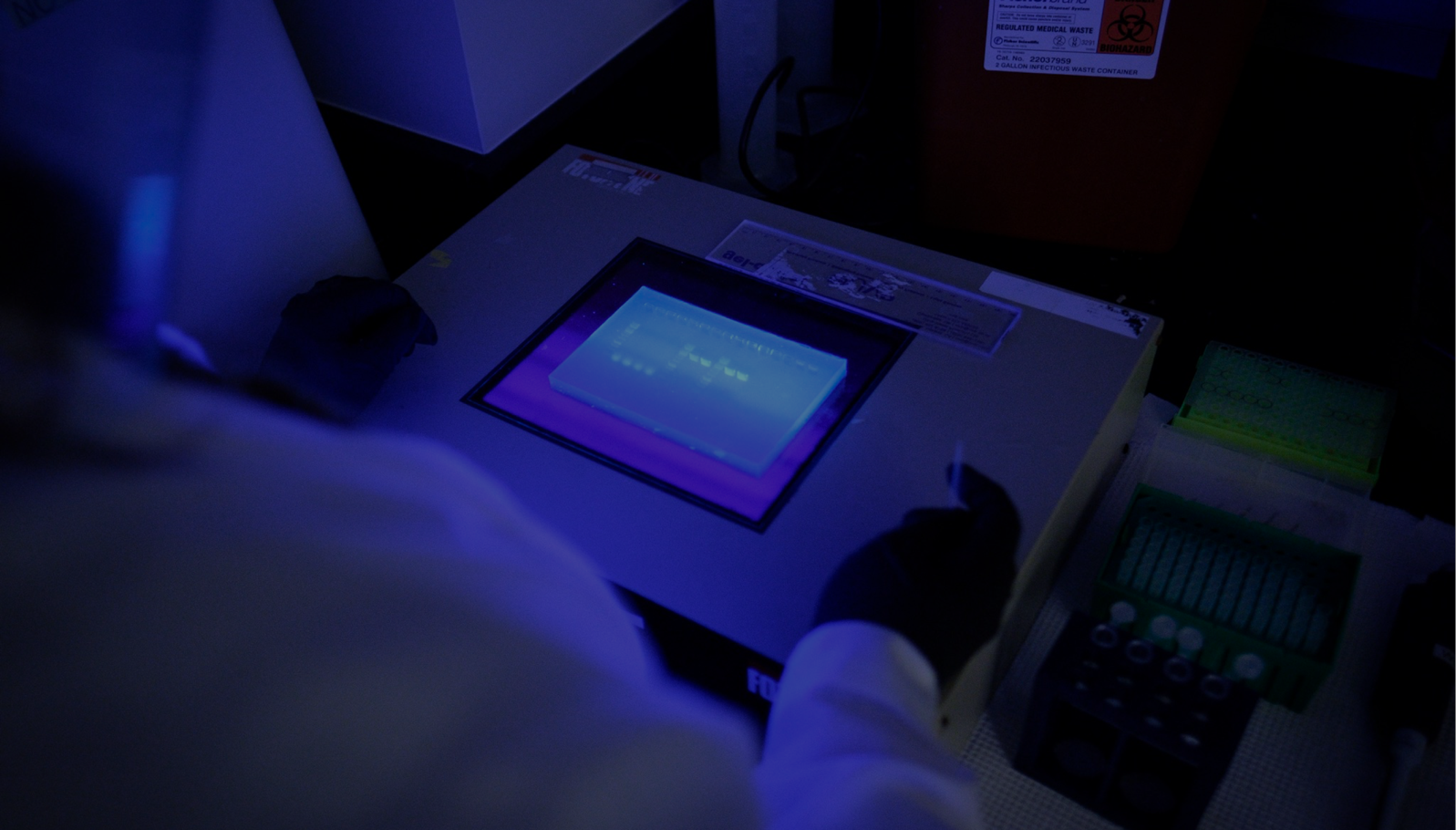Overview

Enteritis is commonly referred to as "food poisoning." It is most often caused by eating or drinking things that are contaminated with bacteria or viruses.
Bacteria that cause enteritis include Salmonella, E. coli, Staphylococcus aureus, Shigella and Campylobacter jejuni.
Symptoms begin hours to days after infection and may include abdominal pain, diarrhea, loss of appetite, vomiting and blood in the stool. The bacteria settle in the small intestine and cause inflammation and swelling. The inflammation can also involve the stomach (gastritis) and large intestine (colitis).
In otherwise healthy people, symptoms generally go away without treatment in a few days. In infants, the diarrhea can cause severe dehydration that comes on very quickly.
Source: National Institutes of Health
Associated labs



